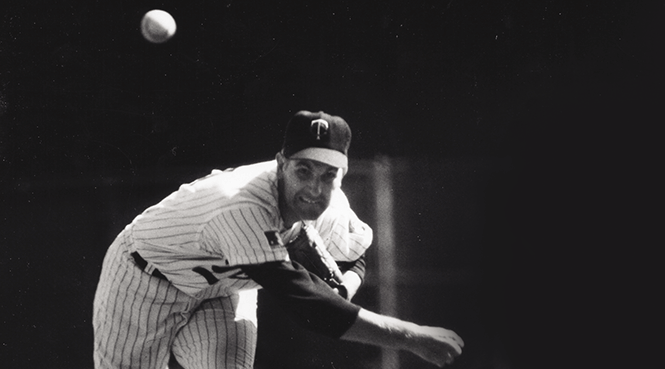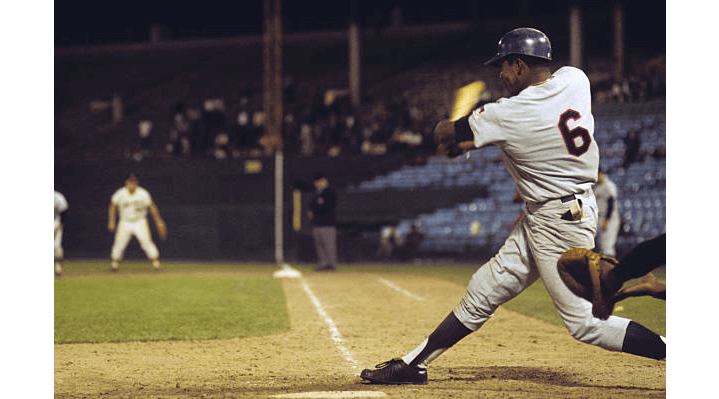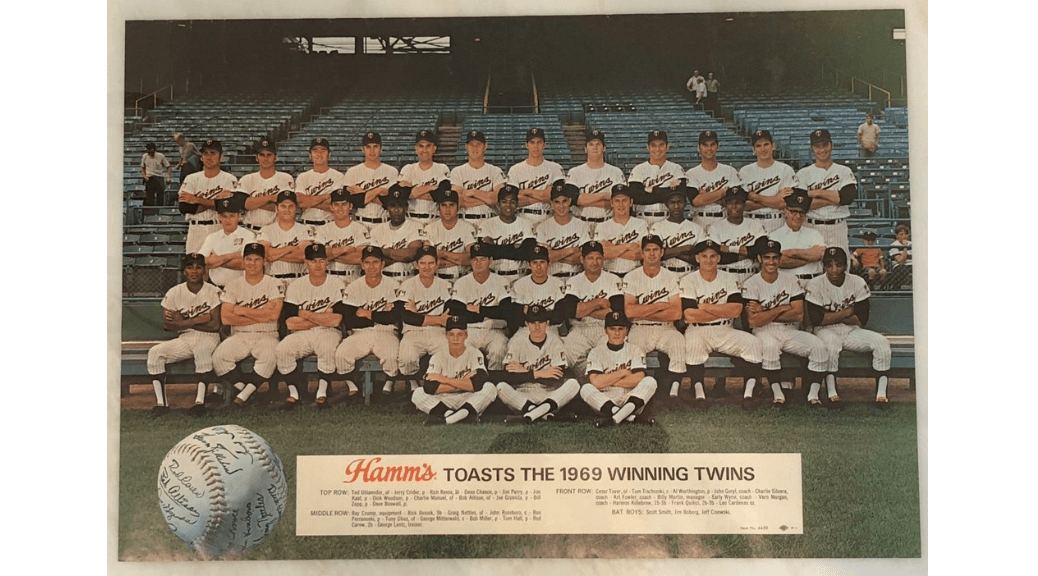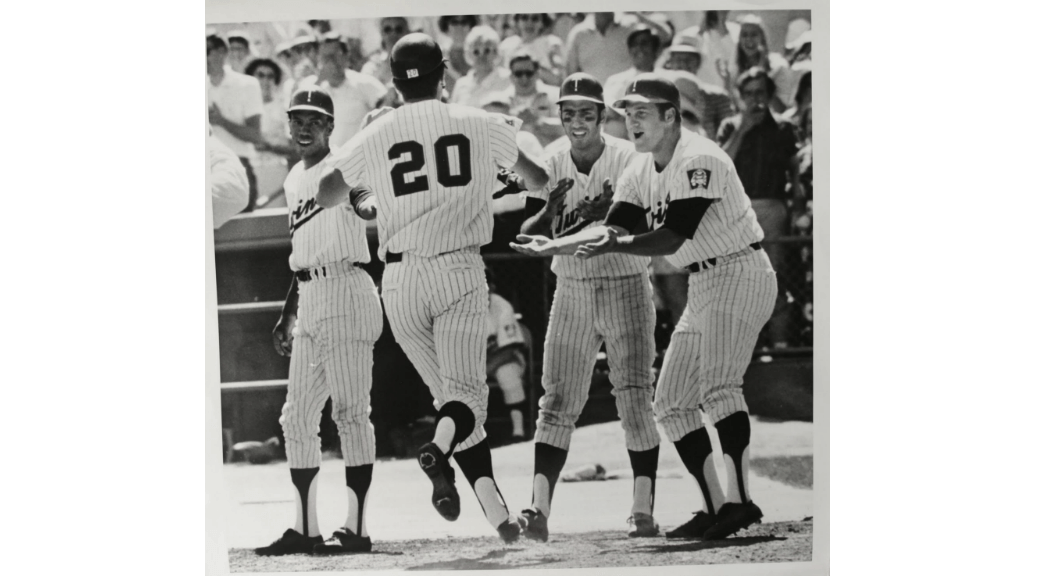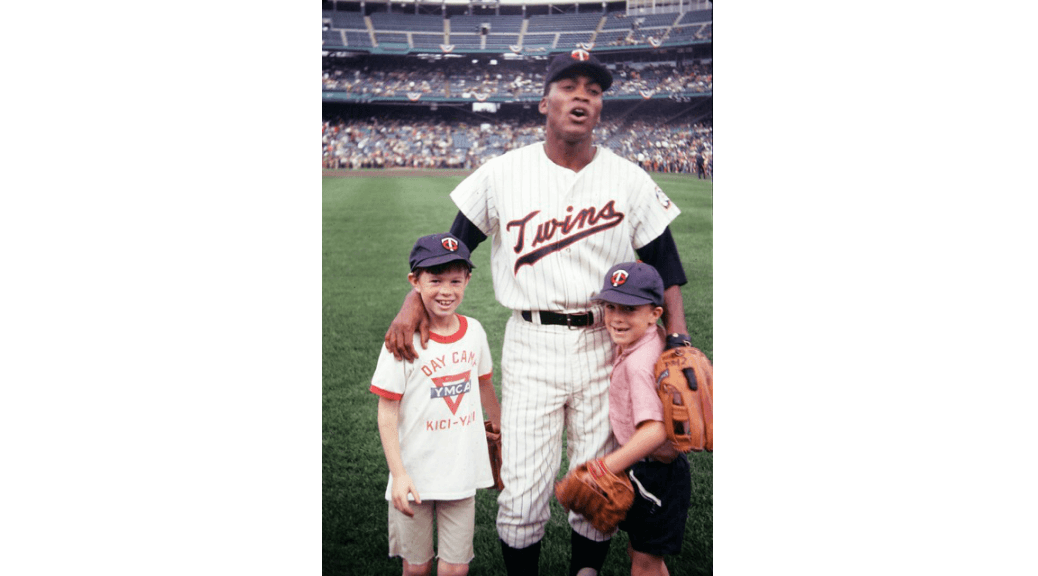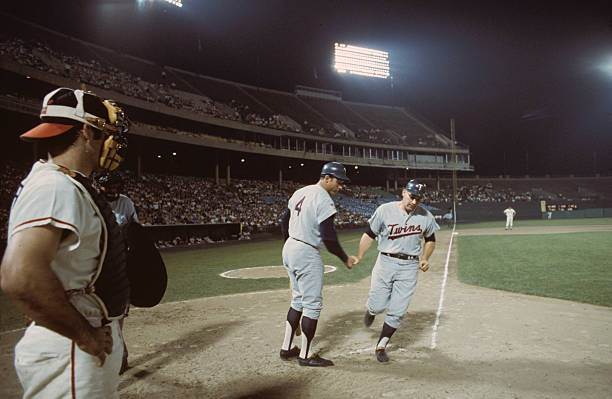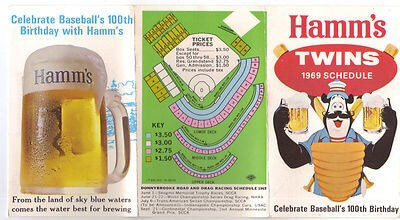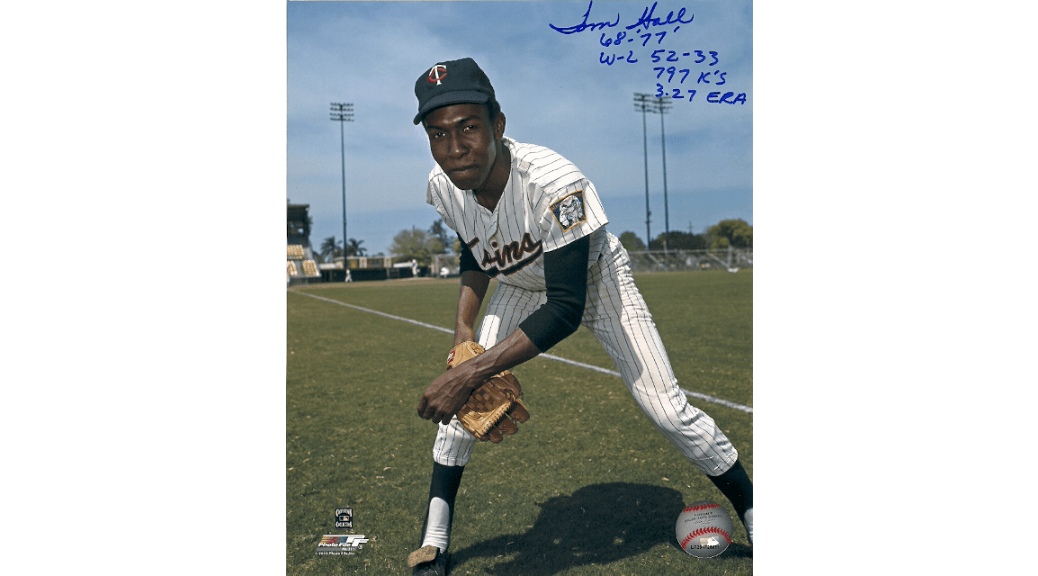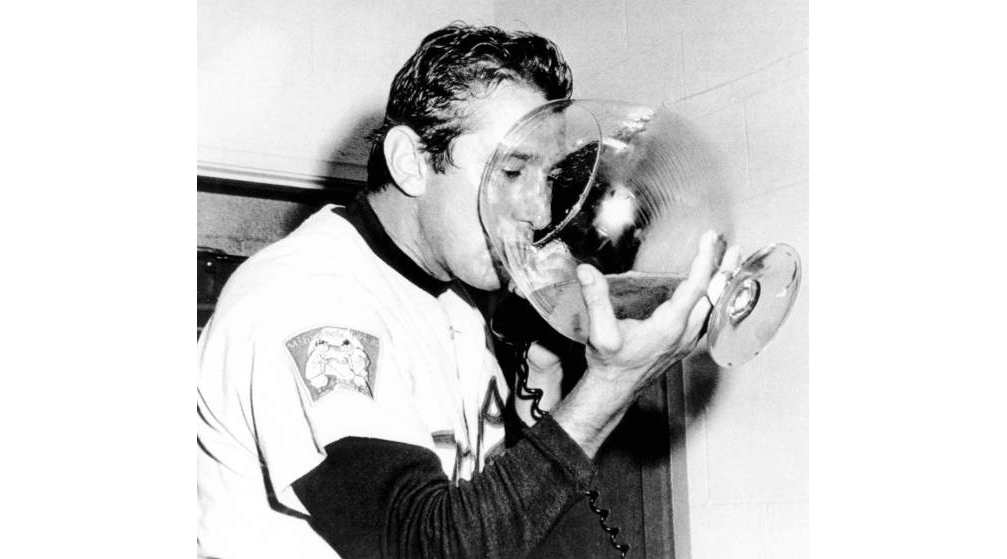MINNESOTA 8, NEW YORK 3 IN MINNESOTA
Date: Saturday, August 23.
Batting stars: Graig Nettles was 2-for-4 with a double. Tony Oliva was 2-for-5 with a double and a stolen base, his eighth. Ted Uhlaender was 2-for-5 with two RBIs. Harmon Killebrew was 1-for-3 with a home run (his thirty-sixth), a stolen base (his seventh), and a walk.
Pitching star: Jim Perry pitched a complete game, giving up three runs on eight hits and one walk and striking out four.
Opposition stars: Roy White was 2-for-4 with a double. Lindy McDaniel pitched two perfect innings and struck out one. Steve Hamilton pitched two perfect innings and struck out one.
The game: The Twins took care of business in the first inning. Uhlaender led off with an infield single and was bunted to second. Oliva had an RBI double and Killebrew hit a two-run homer. The Twins weren't done, though, as Rich Reese and Nettles followed with back-to-back doubles and Leo Cardenas delivered a two-out single. The Twins batted around to take a 5-0 lead.
In the second, the Twins loaded the bases with one out on singles by Cesar Tovar and Oliva and a walk to Killebrew. Reese fouled out, but the Twins then pulled off a triple steal, with Killebrew stealing second, Oliva third, and Tovar home, making the score 6-0. They added two more in the third on walks to Johnny Roseboro and Cardenas, a bunt by Perry, and a two-run single by Uhlaender, leaving the Twins with an 8-0 lead.
The Yankees got two on for the first time in the fourth, when White led off with a single and Bobby Murcer drew a one-out walk, but it came to nothing. The Twins loaded the bases with two out in the bottom of the fourth, getting singles from Nettles and Roseboro and a walk to Cardenas, but Perry struck out to end the inning.
New York finally broke through in the sixth. With two out, Joe Pepitone and Murcer singled and ex-Twin Jimmie Hall hit a two-run triple. Jerry Kenney then singled him home to cut the lead to 8-3. That was as good as it would get for the Yankees, though, as they got only one hit the rest of the game.
WP: Perry (15-5). LP: Mel Stottlemyre (16-11). S: None.
Notes: It was again Uhlaender in center, Tovar at second, and Nettles in left.
Reese was 1-for-4 and was batting .335. Oliva's average was .322. Perry's ERA was 2.96.
The Twins were 5-for-9 with men in scoring position.
Stottlemyre lasted just two-thirds of an inning, allowing five runs on six hits and no walks with no strikeouts. He was a star pitcher and had an excellent season in 1969, but the Twins wore him out. In four games, he was 1-3, 5.11, 1.46 WHIP. The Twins batted .340/.373/.511 against him, for an .883 OPS. The best any other team could do was .709 (Boston). The Twins obviously didn't do that well against him for his entire career, but they did have the second best OPS against him (second, surprisingly enough, to Kansas City).
Record: The Twins were 74-50, in first place, 2.5 games ahead of Kansas City.

